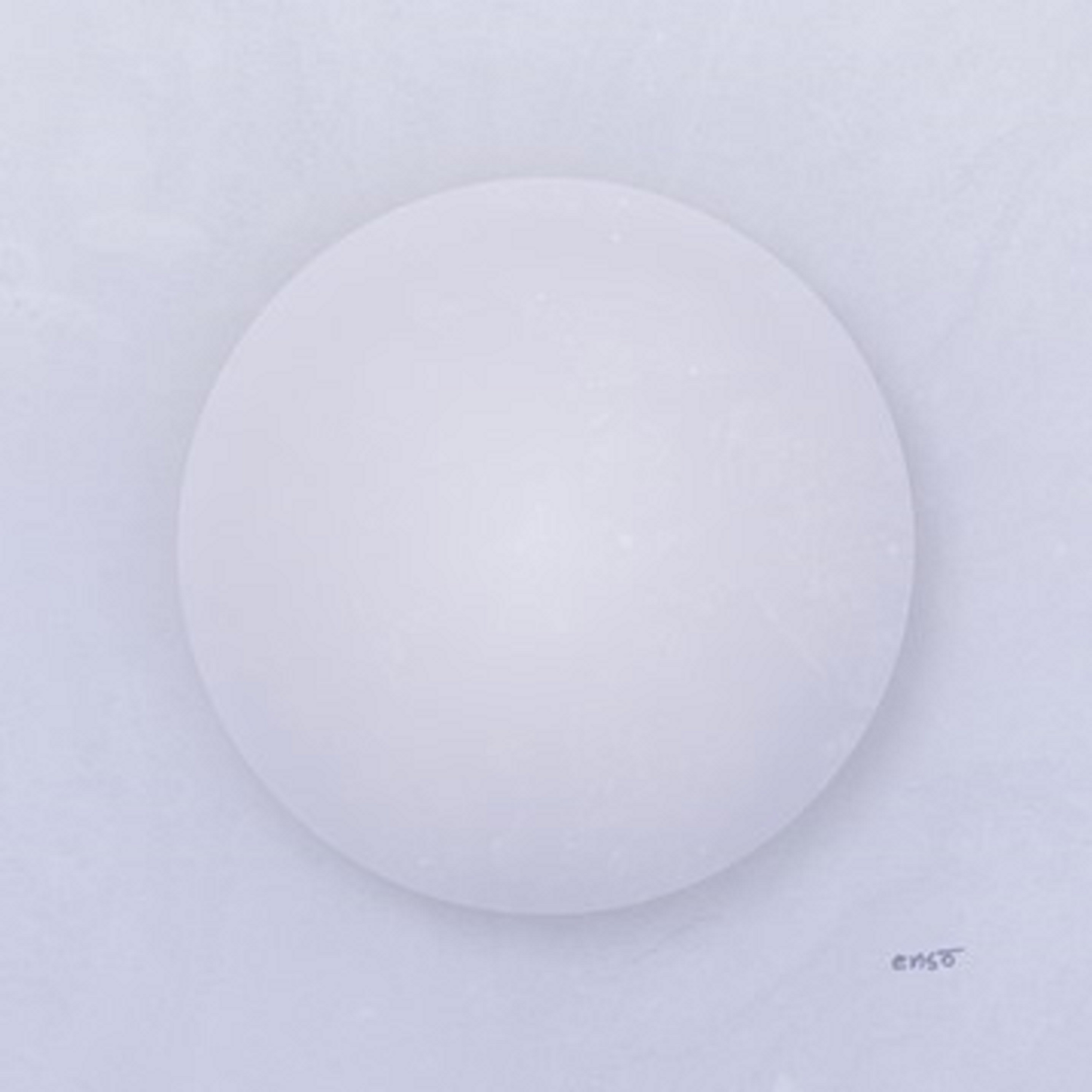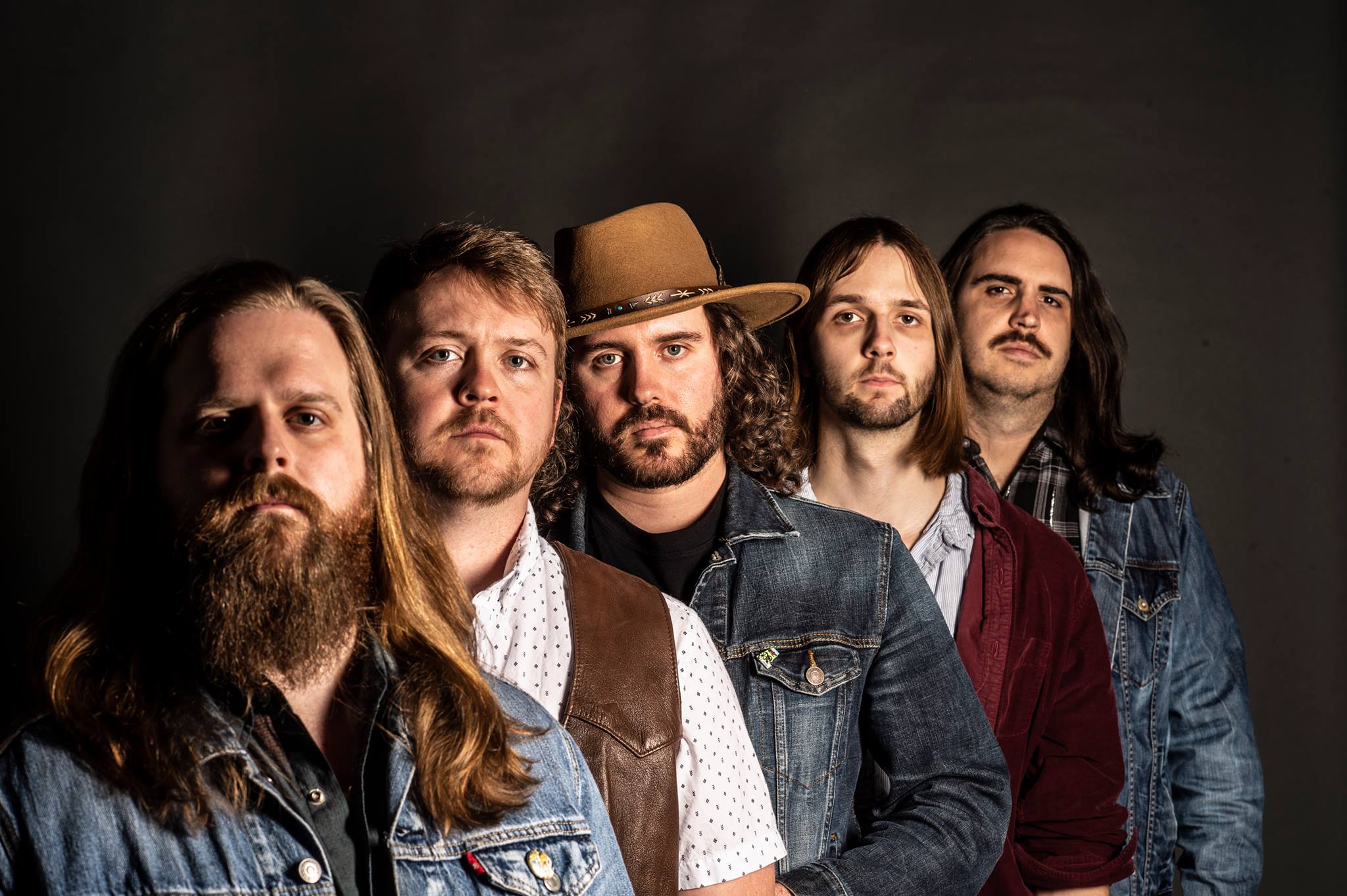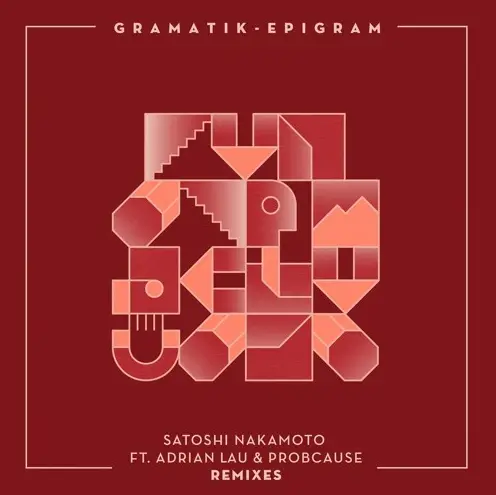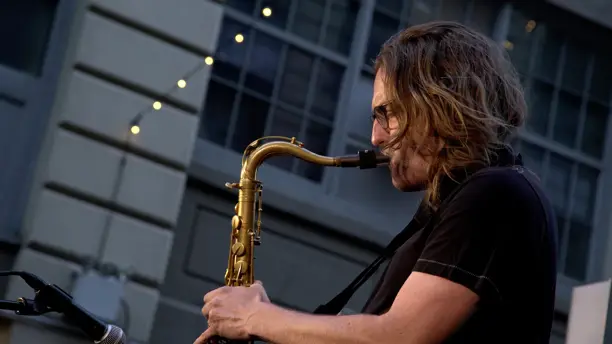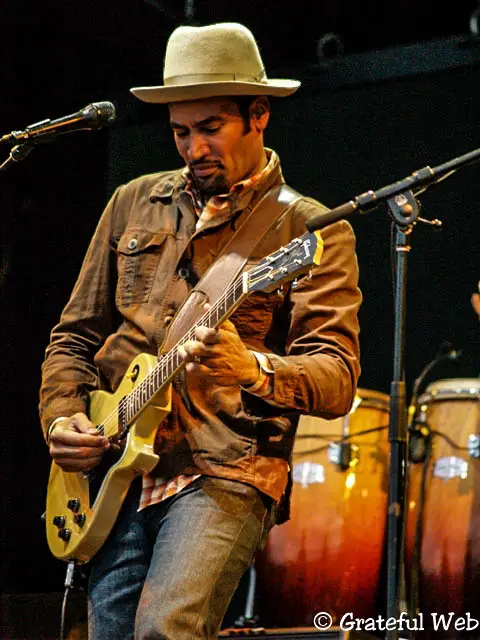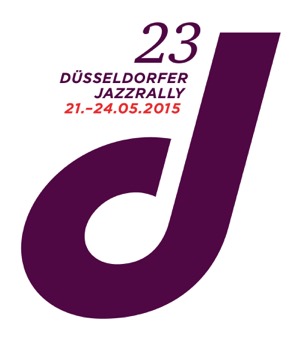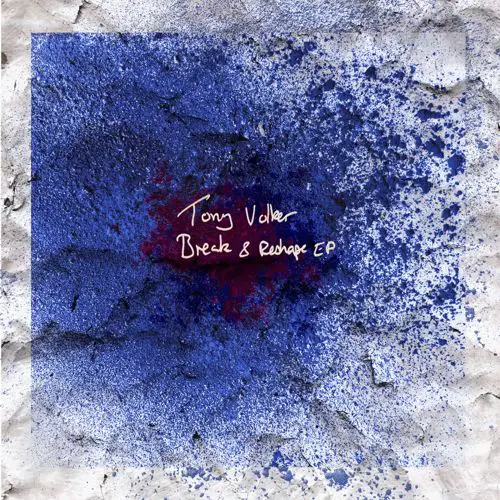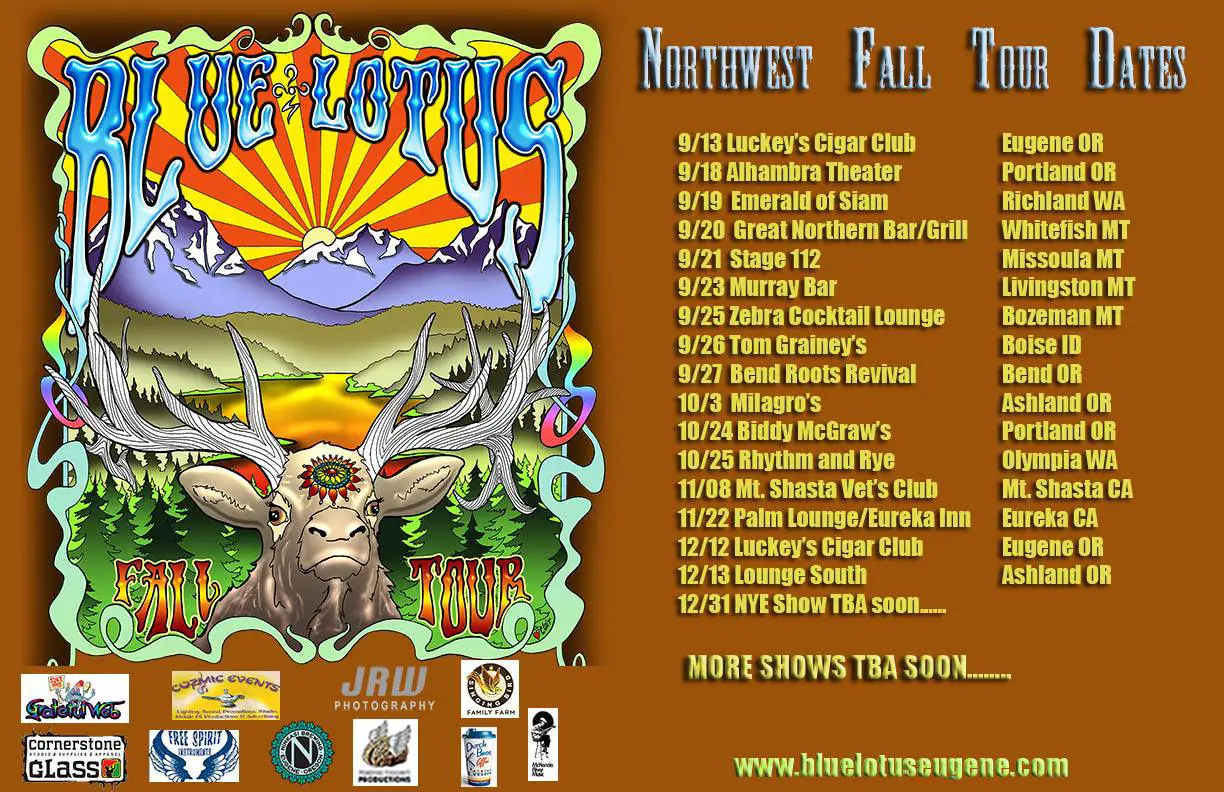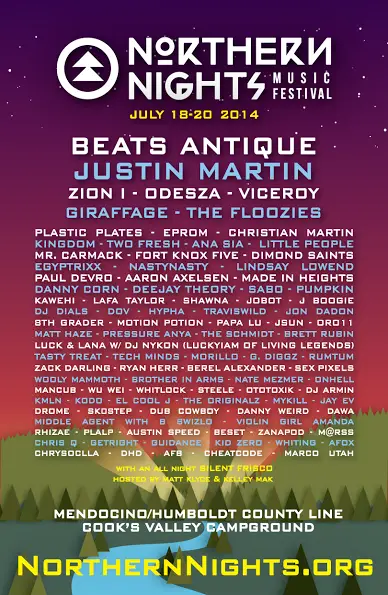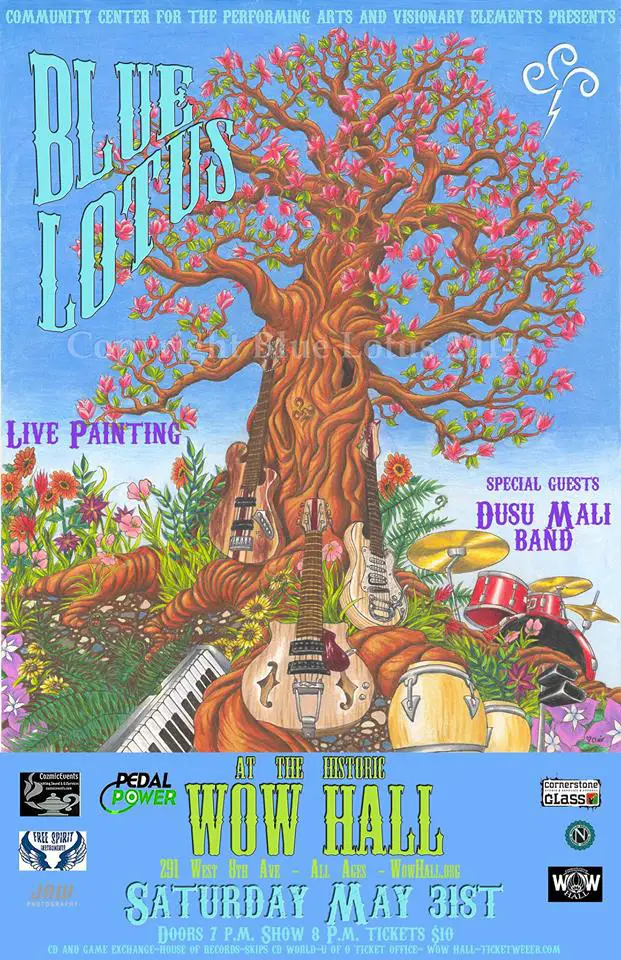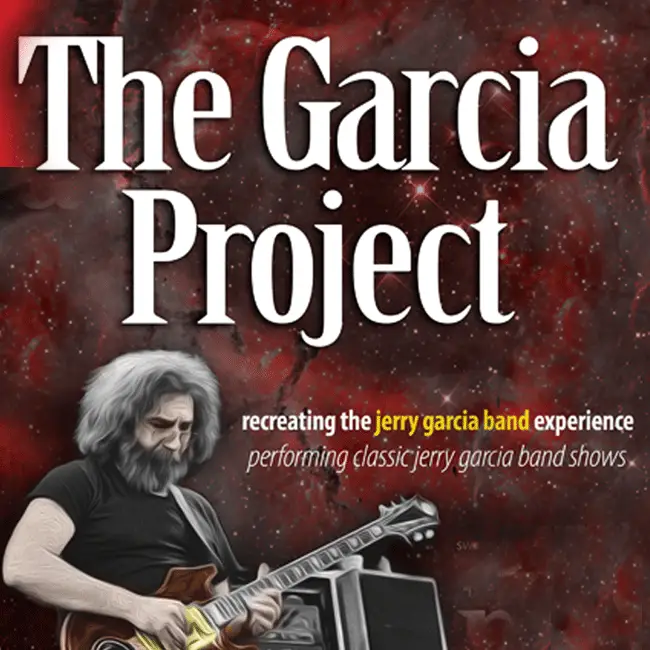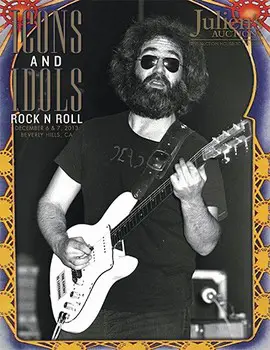ensō, in the Zen tradition, is the spiritual practice of painting a circle in one uninhibited brushstroke, symbolizing a moment when the mind is free to let the body create. The result is either an open or closed circle, the former relating to the Zen idea of wabi-sabi, or the beauty in the imperfection of all things. The latter represents a sort of transitory perfection; not that the practitioner has reached perfection, but that the moment was perfect.
This philosophy has greatly influenced my worldview and my artistic practice as a guitarist and composer. Since I began seriously composing music in 2012, I have been tethered to the idea of ritual and the creativity one benefits from adhering to them, whether that ritual is waking up at the same time every morning, eating the same meal for breakfast, or wearing the same outfit.
Cognitive science suggests that ritual, such as the aforementioned, gives the practitioner more creative “bandwidth,” that more decision making power is left to creative practices rather than everyday, trivial decisions.
This sort of austere lifestyle and schedule, certainly experienced in phases throughout my life, has provided me with a focus and attention that I needed to create the music I wanted.
Musically speaking, I find ensō to be a perfect representation of what I find the musical journey to be; a practice that allows the mind to be free and the body to create, to experience the moment in an honest way, not corrupted by self-consciousness or self-doubt. Of course, we get in our own way, we experience set-backs and frustrations. But the reminder that it is a lifelong journey reorients us to the idea that there is no arrival, only a journey.
The music on this record, ensō, is a culmination of a very challenging time in my personal and professional life, where I was very reliant on my rituals to help get me through the months and years of unmanageable schedules, financial troubles, existential crisis, and anxiety. One of the few things I could hold onto was my daily commitment to writing and practicing, at the same time every day, in the same room of my apartment, on the same brand of manuscript paper, with the same brand of pencil.
The songs range from themes of nostalgia to spirituality to stretching beyond limitations. Circa 1999 is an homage to a time when I was enamored with guitar heroism and Bellingham is reminiscing about an extremely awkward run-in with an ex-girlfriend. Monastic is a portrayal of what the creative life sometimes feels like, that being physically and emotionally isolated from people around you. Mu Meson is a personal milestone for me in how the piece was constructed and how the material was developed, which was a real revelation for me.
I first and foremost hope that people listening to this record enjoy the music, that they get some feeling from it (whether they attribute that feeling as “positive” or “negative” I think is irrelevant; I think feeling anything anymore is a blessing.) If anything, I hope that it serves a reminder to care more for the process and not the end result.
About the tracks:
‘lux ravus’ is a piece dedicated to my friend and ultimate musician, Grey Mcmurray. The opening melody had been scribbled in my notebook for several years, probably dating back to the time when I was composing the Book of Hours music. I was wanting to turn into something, but never really getting off the ground until some of the other songs on the ensō record were starting to take form. When I understood what my composing was turning into and what my ear was bending towards, I sort of realized what the song was asking of me and where it needed to go. This was a good lesson in why I never throw anything away, to my small apartment's dismay.
‘mu meson’ was composed using a method introduced to me by my friend Tom Baker. A small melody or a series of notes is written down on a large piece of notation paper, then transposed, inverted, morphed, and mutated in as many ways possible. From these variations, slightly larger forms start to appear, which are turned into sections. The composer then develops those sections into more coherent pieces of music and arranges them into a musical narrative. This method is apparently quite commonplace among serious composers, but it was a real revelation to me.
‘circa 1999’ was mostly written in New Jersey, when I was teaching at Mark Murphy's Music in South Orange. It was while teaching at Mark’s studio that I rediscovered a lot of rock guitar music I loved growing up, from Led Zeppelin to Jimi Hendrix. This was also what a lot of students were excited about, so it was a perfect excuse to relearn some of that repertoire. I’ve always admired Eddie Van Halen, who was a pioneer of guitar “tapping.” This song is about a time when I was really enamored with that sound and technique. I think it was in the late 90s.
‘no god in the sky’ is an intentional incomplete sentence based on the idea that the conversation surrounding the existence of any sort of divinity will always fall short and be incomplete. It can be filled in any way the reader wants, but to me the two ways to read it are “There is no god in the sky” and “Is there no god in the sky?”





